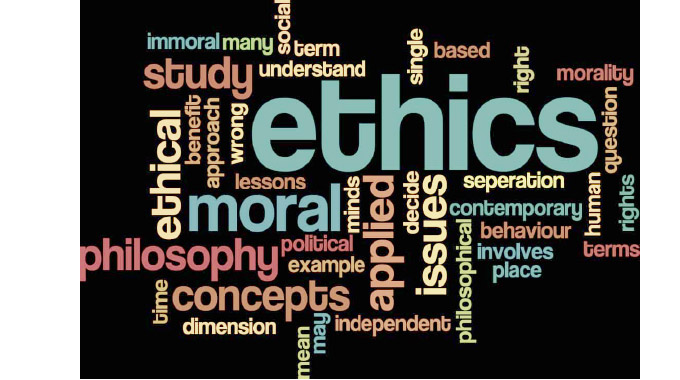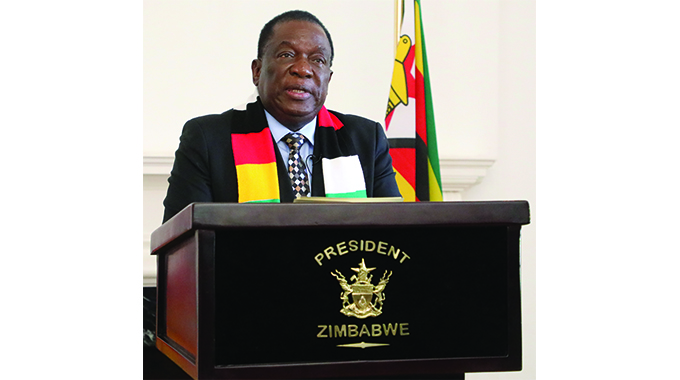Exploring corporate governance and ethical conduct

Dumisani Ntini
[email protected]
The notion of ethical conduct, including its appropriate application by organisational actors tasked with corporate governance responsibilities, is critical for organisational profitability, sustained success as well as for the longevity of going concerns.
Upholding ethical conduct at board and executive levels is highly beneficial in that it has an extensive effect from the top to the lowest levels of the organisation.
As is often said, “The fish rots from the head,” and the reverse holds true. Should ethical conduct not be exhibited from the top, organisational actors at lower levels of the firm’s chain of command become susceptible and vulnerable to undesirable behaviours that would potentially harm the organisation, giving rise to both operational and reputational risk.
It is important to note that ethics do not simply entail fundamental cognitive and behavioural norms that are critical for the organisation’s smooth-functioning, they are also key factors of absolute importance (beyond boardroom and corporate settings) for a virtuous, moral, and upright society.
Nonetheless, from the perspective of corporate governance, we will primarily turn our attention to the board members and executives of private corporations, Government arms and agencies, as well as non-governmental organisations. Our focus herein is the concept of ethical leadership.
An all-encompassing description of ethical leadership entails organisational actors at the level of the board as well as executives with management responsibilities performing their duties at all times in line with a set of principles (as well as values) that are seen within the firm as serving the collective benefit.
This consequently necessitates an examination of some rudimentary factors that the “ethical leader” must keep at the back of their mind during the performance of their governance roles and upholding of their responsibilities. These critical tenets underpin organisational oversight and they are instrumental in driving the organisation’s strategic decision-making processes.
The first factor for governance designates to bear in mind with regard to ethical conduct is accountability. As boards and executives map out their strategic plans during their annual strategy retreats, they must make decisions pertaining to their measurement of the ethical leaders’ responsibility for his/her actions as they seek to meet organisational objectives, as well as his/her responsibility for the employees who they lead in the institution.
This ethical facet, accountability, is closely linked to the theme of the ethical leader’s fiduciary duty which essentially compels them to work and act in the best interest of those they serve, including the firm’s owners, parent ministries (in the case of Government arms and agencies) or trustees depending on the nature of the organisation.
The ethical leader should always be cognisant of the authority that they wield as well as the particular duty that accompanies this authority. To whom much is given, much is expected.
The second important tenet as regards ethics is that of transparency.
The International Finance Corporation’s Toolkit on Corporate Governance for Development Finance Institutions, stipulates that the concept of transparency entails ethical leaders communicating clearly and with openness with all organisational stakeholders with respect to important issues.
Ethical leaders are therefore encouraged to disclose information that is central to their fruitful functioning and efficacy. They must furthermore ensure that they make vivid and timely financial disclosures and they must appreciate the feedback received from stakeholders in this light. Transparency in decision-making is also crucial.
Stakeholders (particularly shareholders) must be given precise insight into the firm’s financial trajectory as well as proper perspectives of the organisation’s future prospects.
Integrity is another critical ethical element that the ethical leader should operate by. In this regard, inquiries may be made regarding whether or not the ethical leader constantly demonstrates — in both word and action — congruence with the organisation’s values.
Do they actually practice what they preach? Can we trust the leader to undertake their duties in good faith consistently and to avoid conflicts of interest? Do they act ethically beyond simple statutory and regulatory compliance? This is closely related to the aspects of confidentiality and data privacy within the firm.
Can we trust the leader in question with regard to protection of information that has a bearing on the organisation’s sustainability as a going concern? The ethical leader must also consider honesty. They are expected to act with fairness and to clearly represent factual information to both external and internal stakeholders.
Ethical practice entails the avoidance of concealing specific information. It is important for the governance designate to be straightforward as regards any charitable solicitations, improper financial transactions, gifts and related entities such as subsidiaries.
Justice (also often termed equity) is another critical ethical facet. It is imperative for organisational actors to be treated without favouritism or preference. To reiterate the points mentioned previously, fairness must always hold. Any inappropriate behaviour identified within the organisational hierarchy must be dealt with accordingly.
Furthermore, clear reporting, grievance and disclosure frameworks must exist for employees within the organisation who consider themselves disconcerted. Governance designates must always consider inclusion and diversity because ethical conduct espouses the promotion of inclusive and diverse organisational cultures.

The ethical leader must work to ensure that no participant within the organogram is left behind.
It is overly important for the elements mentioned to be incorporated and entrenched for a robust organisational culture that is underpinned by a well-thought-out Code of Ethics or Conduct in the firm.
The continuous monitoring and evaluation of the code of ethics by governance designates is of utmost importance. Respecting, of course, that the code of ethics may not be able to pre-empt all possible occurrences, it is necessary in that it provides a guide, at the least, on the pertinent actions and behaviour of boards and executives in varied situations, ensuring that they maintain their status as ethical leaders.
Dumisani F Ntini is the founder of Global Governance Group, a corporate training and consulting practice with operations in Zimbabwe, Namibia and Botswana. He can be contacted via [email protected].











Comments